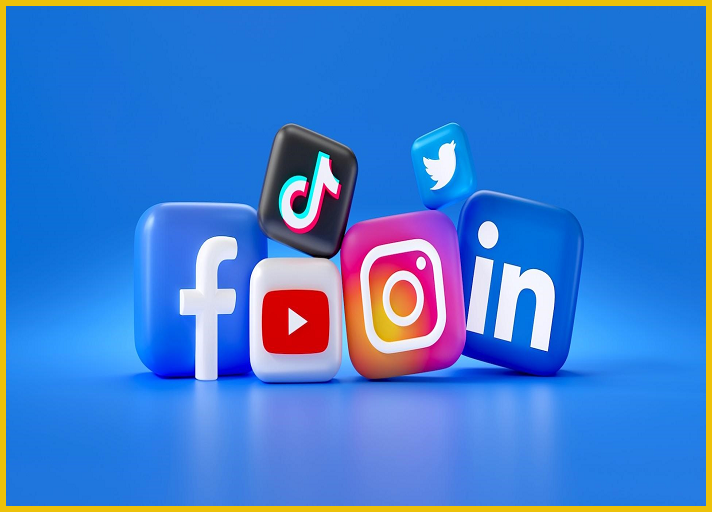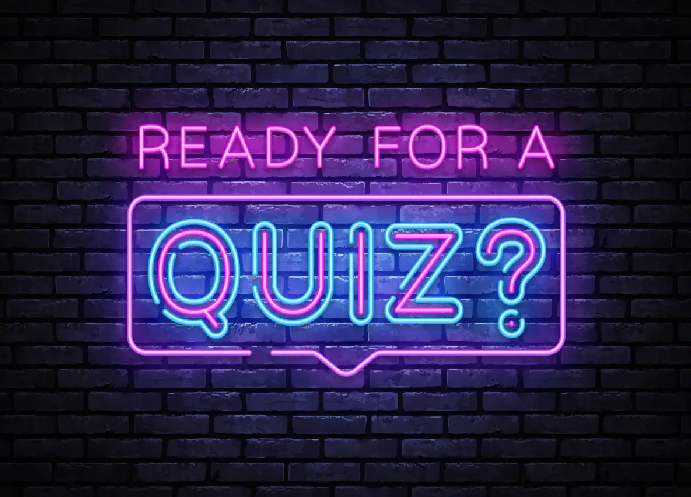The Impact of Social Media on Society

Social media has become an integral part of modern life, influencing how we communicate, interact, and perceive the world. Platforms like Facebook, Instagram, Twitter, and TikTok have transformed societal norms, affecting various aspects of daily life, from personal relationships to global politics. This article delves into the profound impact of social media on society, examining both its positive and negative effects and exploring how it shapes our interactions and cultural landscape
1. Transforming Communication
a. Instant Connectivity
Social media has revolutionized the way people communicate. Platforms enable instant messaging, video calls, and real-time updates, bridging geographical gaps and allowing individuals to connect regardless of location. This connectivity fosters global communication, making it easier to maintain relationships with friends and family who live far away.
b. Enhanced Information Sharing
The rapid dissemination of information is another significant impact of social media. News, updates, and personal stories can be shared instantly with a vast audience. This immediacy keeps people informed about global events, trends, and emergencies, often before traditional media outlets can report.
c. New Forms of Expression
Social media platforms provide diverse ways for individuals to express themselves. Users can share their thoughts through text, images, videos, and creative content. This democratization of expression allows for a wide range of voices and perspectives to be heard, fostering creativity and personal expression.
2. Shortcuts Influencing Relationships and Social Interactions
a. Strengthening Connections
Social media helps maintain existing relationships by enabling regular interaction and sharing of life updates. Friends and family can stay in touch more easily, and people can reconnect with lost acquaintances. Groups and communities formed online often provide social support and a sense of belonging.
b. Changing Relationship Dynamics
While social media fosters connectivity, it can also alter relationship dynamics. The ease of staying in touch can sometimes lead to superficial interactions, and the pressure to present a curated image online may affect authentic connections. Additionally, the phenomenon of “social media envy” can arise when people compare their lives to others’ seemingly perfect online personas.
c. Impact on Family Dynamics
Family dynamics have been affected by social media as well. Parents and children may have differing views on privacy and online behavior, leading to conflicts. Social media can also impact family cohesion if excessive screen time leads to decreased face-to-face interactions.
3. Effects on Mental Health
a. Positive Impacts
Social media can offer emotional support and create communities for those with shared interests or challenges. Support groups and mental health communities provide valuable resources and a sense of solidarity for individuals dealing with various issues, including mental health struggles.
b. Negative Impacts
On the flip side, social media can negatively impact mental health. The constant exposure to curated and often idealized representations of others’ lives can lead to feelings of inadequacy, anxiety, and depression. Cyberbullying, online harassment, and social comparison are significant concerns that affect mental well-being.
c. Screen Time and Its Effects
Excessive screen time, driven by social media use, can contribute to a range of health problems, including sleep disturbances and reduced physical activity. The addiction-like nature of social media platforms, with their constant notifications and rewards, can make it challenging for individuals to disconnect and engage in offline activities.
4. Shaping Cultural and Societal Norms
a. Influencing Trends and Movements
Social media platforms are catalysts for cultural trends and social movements. Viral challenges, memes, and hashtags can spread rapidly, shaping public opinion and sparking discussions on various issues. Social media has played a crucial role in movements such as #MeToo and Black Lives Matter, raising awareness and mobilizing action.
b. Redefining Marketing and Advertising
The marketing landscape has been transformed by social media, with brands leveraging influencers and targeted advertising to reach their audiences. Social media marketing allows for personalized and interactive campaigns, which can be more effective than traditional advertising methods. Influencer culture, where individuals with large followings promote products and services, has become a major aspect of contemporary marketing strategies.
c. Impact on Politics and Public Opinion
Social media has also had a profound effect on politics and public opinion. Political campaigns use social media to engage with voters, share messages, and mobilize support. However, the spread of misinformation and echo chambers can distort public discourse and contribute to political polarization.
5. Promoting Social Change
a. Grassroots Movements and Advocacy
Social media enables grassroots movements and advocacy efforts to gain momentum quickly. Activists can mobilize support, organize events, and amplify their messages to a global audience. The ability to share firsthand accounts and real-time updates can highlight social injustices and drive collective action.
b. Educational Opportunities
Educational institutions and organizations use social media to share knowledge and resources. Online courses, webinars, and educational content are accessible to a wider audience, making learning more flexible and inclusive. Social media platforms also facilitate networking and collaboration among students, educators, and professionals.
6. Ethical and Privacy Considerations
a. Data Privacy Concerns
The collection and use of personal data by social media companies raise significant privacy concerns. Users often share personal information without fully understanding how it will be used or protected. Data breaches and unauthorized access to personal information are ongoing issues that highlight the need for stronger privacy measures.
b. Balancing Transparency and Privacy
Striking a balance between transparency and privacy is a challenge for social media platforms and users alike. While social media can enhance connectivity and information sharing, it is essential to navigate these benefits with caution and respect for personal privacy.
c. Addressing Misinformation
The spread of misinformation and fake news on social media is a critical issue. Platforms are working to combat false information and improve fact-checking mechanisms, but users must also be vigilant and critical of the information they encounter online.
The impact of social media on society is multifaceted, with both positive and negative effects. It has transformed communication, influenced relationships, affected mental health, shaped cultural and societal norms, and promoted social change.
As social media continues to evolve, it is crucial for individuals, businesses, and policymakers to navigate its complexities thoughtfully and responsibly. By understanding the implications of social media and employing strategies to mitigate its drawbacks, society can harness its potential for positive change while addressing its challenges



Post Comment